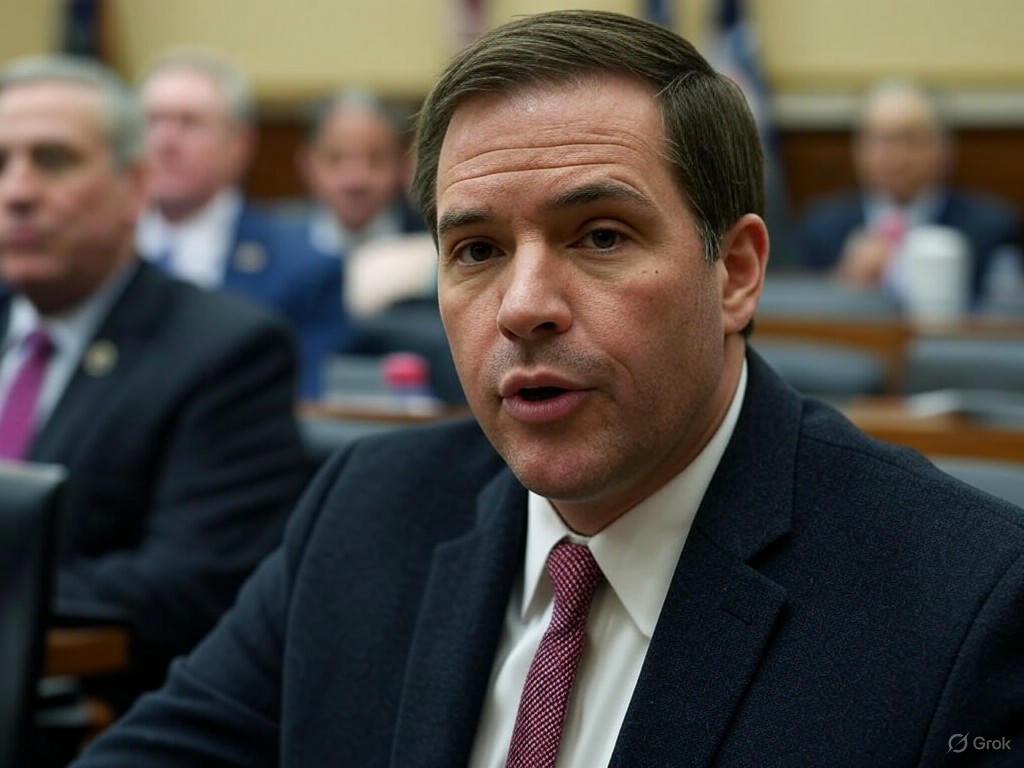Pharma Giants Under Fire: Democrats Challenge Low Tax Payments Amid Senate Tax Plan Debate
In a heated political showdown, Democratic lawmakers have turned their spotlight on some of the biggest names in the pharmaceutical industry, accusing them of dodging substantial federal tax obligations while raking in billions in revenue. Companies like Pfizer, Johnson & Johnson, Merck, AbbVie, and Amgen are at the center of this controversy, as senators clash over proposed tax reforms linked to former President Donald Trump’s economic agenda. The criticism comes at a critical juncture, with the Senate deliberating policies that could reshape corporate taxation in the United States.
The core of the Democrats’ argument is that these pharmaceutical giants exploit loopholes and offshore strategies to minimize their tax liabilities, contributing far less to federal coffers than expected for corporations of their scale. Despite generating staggering annual profits—often in the tens of billions—these companies reportedly pay effective tax rates that are negligible in some cases. Lawmakers argue that this deprives the government of vital funds needed for public services, infrastructure, and healthcare programs, ironically sectors that these very companies benefit from through government contracts and subsidies.
Beyond the issue of taxes, Democrats have also pointed fingers at the intense lobbying efforts by these firms. They claim that the industry’s deep-pocketed campaigns influence policy decisions, often prioritizing corporate interests over public welfare. This dual critique of low tax contributions and aggressive lobbying has fueled a broader narrative about corporate accountability, especially in an industry frequently scrutinized for high drug prices and accessibility issues. As one senator passionately stated during a recent hearing, the American public deserves transparency and fairness from corporations that profit immensely from the nation’s markets and resources.
The timing of this outcry is no coincidence. With the Senate debating a tax plan tied to Trump’s economic vision, which includes proposals for corporate tax cuts, Democrats are seizing the opportunity to highlight what they see as systemic inequities. They argue that reducing tax rates further for companies already paying minimal taxes would exacerbate wealth disparities and undermine fiscal responsibility. Instead, they advocate for reforms that close loopholes, ensure a fairer tax burden, and hold powerful industries accountable for their financial practices.
As this debate unfolds, the pharmaceutical giants have yet to issue detailed public responses to the accusations. However, industry representatives have historically defended their tax strategies as legal and aligned with current regulations, often emphasizing their contributions to innovation, job creation, and global health solutions. Whether these arguments will sway public opinion or influence Senate deliberations remains to be seen. For now, the clash between lawmakers and Big Pharma serves as a stark reminder of the complex interplay between corporate power, government policy, and societal expectations. As the nation watches, the outcome of this confrontation could set a precedent for how corporate taxation and accountability are addressed in the years to come, shaping the economic landscape for both businesses and everyday Americans.


